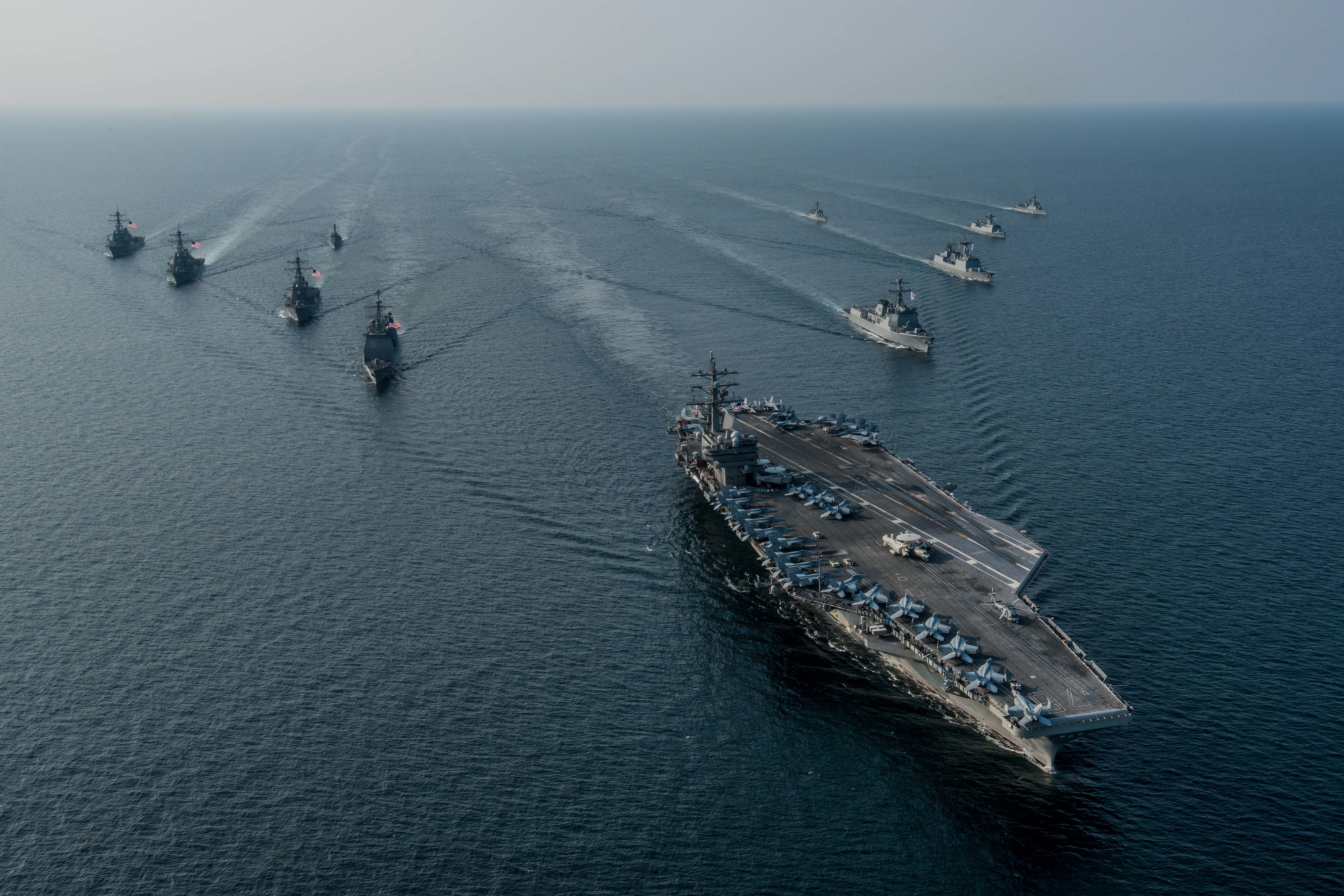As the world worries about the increasing threat from North Korea and its dangerous leader Kim Jong Un, there is a temptation to believe that the problems will be solved ashore.
Newly installed President Moon Jae-in of South Korea is exploring a return to the Sunshine Policy of dealing openly with the North while using trade and engagement incentives to defuse the situation. The United States wants to deploy a new ground-based missile-defense system to protect troops at the Demilitarized Zone as well as Japan and Guam. China is increasing its control over the notoriously leaky border, moving military units closer to North Korea and preparing for a potential refugee crisis if conflict erupts.
All these are prudent moves, but it is well worth remembering that Korea is a long peninsula, with all approaches dominated by the sea. So it was perhaps not surprising that China and Russia are pushing vigorously to stop the robust program of at-sea exercises the U.S. undertakes with allies in the region as a precondition for talks with North Korea. While canceling some practice drills off the Korean coast may seem like no big deal, doing so would be one of the worst mistakes the U.S. could make, in terms of both security and diplomacy.



















With your current subscription plan you can comment on stories. However, before writing your first comment, please create a display name in the Profile section of your subscriber account page.